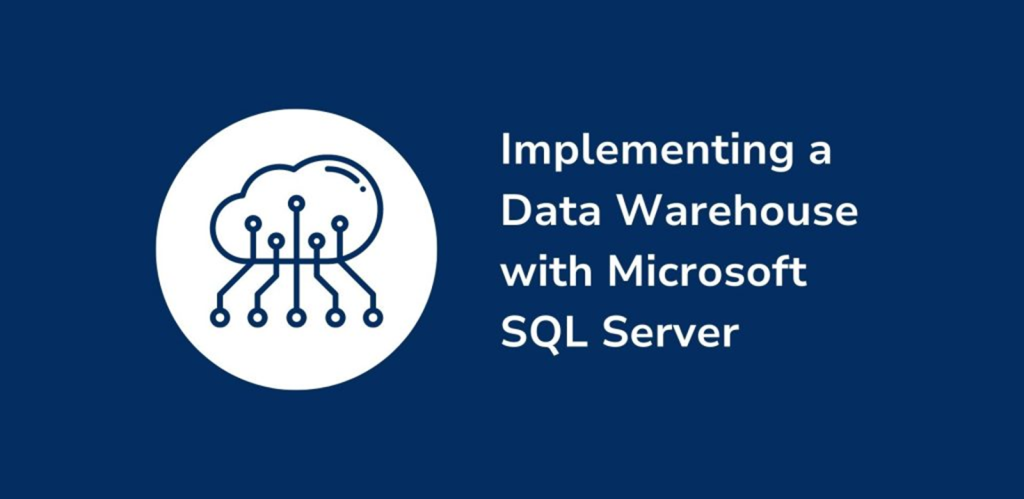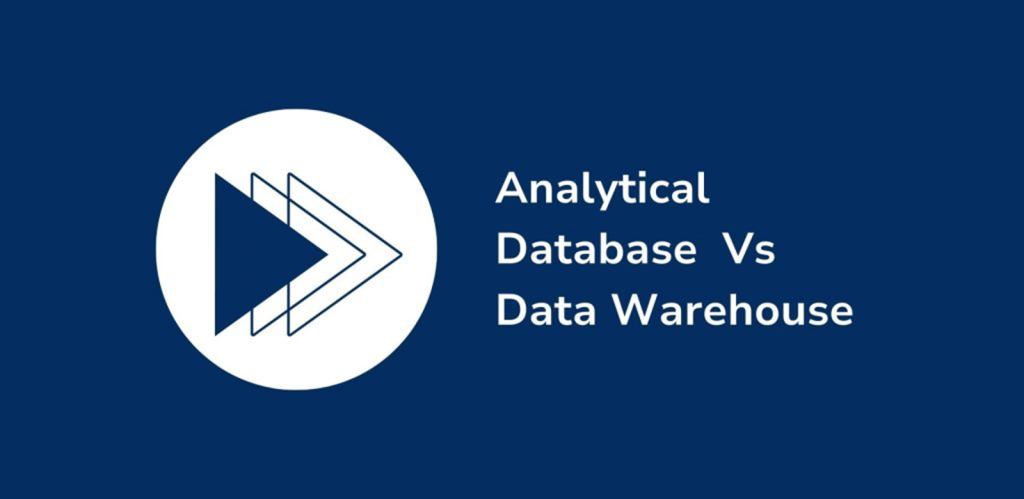In today’s data-driven world, organizations are generating massive amounts of data every day. Every organization is moving towards a Cloud Data Warehouse.
To extract valuable insights and make data-driven decisions, businesses require efficient and scalable data storage solutions.
Traditional on-premises data warehouses often struggle to handle the volume and complexity of modern data requirements.
This is where cloud data warehousing comes into play, revolutionizing the way data is stored, processed, and analyzed.

In this blog, the following things are covered,
- What is Cloud Data Warehouse
- Benefits of Cloud Data Warehouse
- Real-time Case Studies on using Cloud Data Warehousing
What is a Cloud Data Warehouse?
A cloud data warehouse is a centralized repository that stores structured and unstructured data from various sources.
It offers businesses a highly scalable and flexible platform to store, manage, and analyze data.
Cloud data warehouses eliminate the need for large upfront investments in hardware and infrastructure, allowing organizations to pay only for the resources they consume.
Benefits of Cloud Data Warehouse
Scalability and Flexibility
One of the key advantages of cloud data warehousing is its scalability.
Traditional data warehouses often face limitations when it comes to handling sudden spikes in data volume or processing requirements.
Cloud data warehouses, on the other hand, can scale up or down based on demand, allowing businesses to seamlessly accommodate growth and adapt to changing needs.
When an organization is migrating to a cloud data warehouse, there are a lot of benefits.
The organization will experience seamless scalability allowing it to handle unexpected growth. This will happen without any disruption.
According to emergenresearch,
“The Global Cloud Data warehouse market size was 5.80 Billion in 2023 and it is expected to register a revenue CAGR of 22.3% during the forecast period.”
This growth shows the increasing recognition of cloud data warehousing’s scalability across all industries.
Cost-Effectiveness
Cloud data warehousing offers cost savings compared to traditional on-premises solutions.
With cloud providers, businesses can avoid upfront hardware costs, reduce maintenance expenses, and only pay for the resources they use.
Additionally, cloud data warehouses enable organizations to leverage the benefits of a shared infrastructure, leading to improved cost-effectiveness.
By leveraging cloud data warehousing, the organization can make decisions for the transition.
It helps the organization to reduce the upfront hardware cost and maintenance expenses.
The pay-as-you-go model allows organizations to pay only for the resources they consume. This helps them to optimize the budget with high-performance data analytics capabilities.
Netflix has reduced its IT cost by migrating its infrastructure to AWS (Amazon Web Services)
THD uses Google Cloud BigQuery as a main data warehouse as it is cost-efficient. This has flexible infrastructure and improved analytics.
Avery Dennison saves $500,000 by removing off site tape storage and back up infrastructure.
Real-Time Data Analytics
Cloud data warehouses empower businesses with real-time data analytics capabilities.
By integrating with advanced analytics tools, organizations can gain valuable insights from their data in near real-time. This enables faster decision-making, enhances operational efficiency, and helps identify new business opportunities.
The advanced analytics tools integrated with the cloud data warehouse provide real-time data.
The organization uses this integration to gain valuable insights from its data. These integrations help organizations to identify new business opportunities. Having transitioned to a Cloud Data Warehouse, there has been a real impact on real-time data.
The integration with advanced analytics not only improved the decision-making. It has also enhanced operational efficiency. This enables the organization to identify new business opportunities.
Real-time case studies on using Cloud Data warehousing
Netflix – Optimizing IT cost
Challenge:
Netflix has faced huge challenges with scalability and cost-effectiveness as its user base has expanded globally.
Solution:
Netflix has migrated its infrastructure to AWS (Amazon Web Services). Netflix has leveraged cloud data warehousing to scale its data processing capabilities.
The Home Depot (THD) – Google Cloud BigQuery for Efficiency
Challenge:
The Home Depot, the leading home improvement retailer requires a data warehousing solution. THD needs to handle large datasets for analytics and decision-making.
Solution:
THD uses Google Cloud BigQuery as a main data warehouse. It helps to make the infrastructure flexible for enhanced analytics.
This implementation has resulted in demonstrating data warehousing can scale large retail enterprises.
Slack: Scaling with Cloud Data Warehousing
Challenge:
Slack is a famous collaboration hub, that requires a scalable solution to handle to large amount of data generated by the users.
Solution:
By Implementing cloud data warehousing, slack can able to achieve scalability by adapting to the dynamic needs of users.
Wrapping up
The rapid growth of cloud computing and the increasing demand for scalable and cost-effective data storage solutions have paved the way for cloud data warehousing.
Unlike traditional data warehouses that rely on hardware infrastructure, cloud data warehouses leverage the power of the cloud to provide on-demand storage, processing, and analytics capabilities.
To know more about cloud computing & how it can help your business reach out to our experts now.


